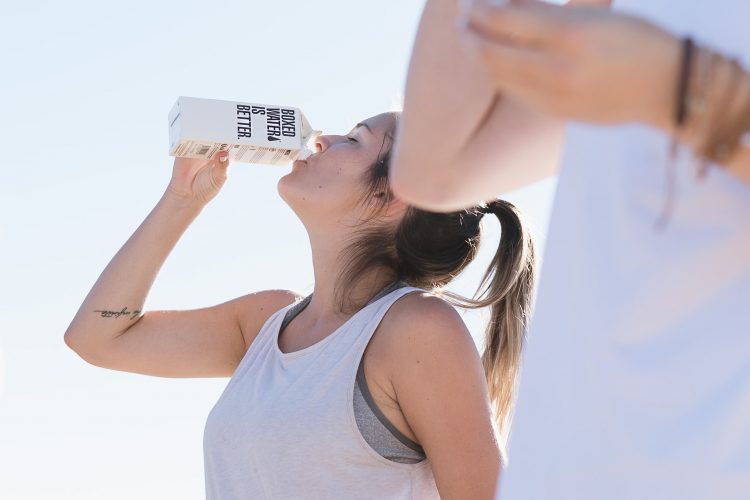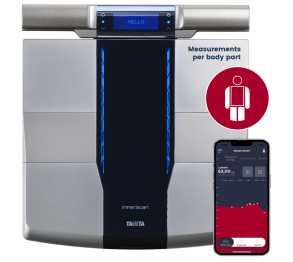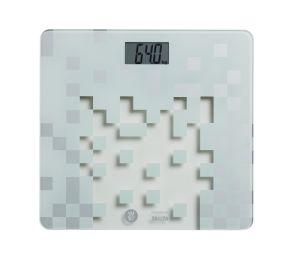How important is water for health?


We spend a lot of time thinking about what we eat, trying to eat the ‘right’ things and worrying about eating the ‘wrong’ things, but is how much water we drink, actually more important? In this blog, we are looking at why we need water for health.
Why water is essential
Fluids are essential for our bodies to work properly and hydration plays an important role in all of our bodily functions. Some water health benefits are flushing out waste, regulating body temperature and helping brain and muscle function. If you are exercising regularly your hydration levels will also have an impact on your endurance, strength and power. So, if we accept that there are many water health benefits, how do we know if we are drinking enough?
How do I know if I’m drinking enough water?
Not drinking enough causes dehydration and the signs of this may be our first indication that we are not drinking enough. Symptoms of dehydration include:
- feeling thirsty
- dark yellow and strong-smelling pee
- feeling dizzy or lightheaded
- feeling tired
- a dry mouth, lips and eyes
- peeing little, and fewer than 4 times a day
Whilst the UK Government recommends that 6-8 glasses of water a day (approx. 1.2 litres) should keep you well hydrated, if the weather is hot or if you are exercising, this may not be enough.
It’s not just about drinking, it is what we drink that counts
We might be drinking the recommended amount of fluid each day, but are we drinking the right things? Very few of us can say that water is the only thing we drink and tea, coffee, fruit juices and carbonated drinks are a daily choice for most of us, but does the wrong choice of drink means we might actually be doing more harm than good? If thirst sees you reaching for a sweetened, caffeinated drink, you will be loading your system with sugar and stimulants that bring with them excess calories, and a temporary boost which is bound to result in an energy slump soon afterwards. Fruit juice and smoothies should also be limited because of the natural ‘free’ sugars they contain and the high caffeine levels of some tea and coffee can cause anxiety, insomnia and digestive uses. Few of us will want to give up all these choices but swapping some of them for more tap water in our diet each day can only be a good thing and if you are finding tap water a bit dull, try adding a slice of lemon, lime or cucumber for a subtle taste. Also interested about how it works with food and health? And would like to get a clear view on what is a healthy body fat percentage? Then take a look at our body fat percentage page.
How Tanita monitors can help you understand if you are properly hydrated
You may not be noticing any specific symptoms of dehydration, but if you are exercising and actively trying to improve your health and fitness there is a more accurate way to check your hydration levels – with your Tanita monitor. Tanita monitors give you a reading of your total body water % with the average range for women being 45-60% and for men 50-65%; athletes and top performers can add an additional 5% to these ranges. Tracking this figure over time will help you understand your hydration level and therefore maintain it better, meaning that you won’t be letting dehydration hold you back on your journey to being more healthy.





